
UK Graduate Student Spotlight: Morgan Pyles
Pyles is studying the effects of the maternal diet on the colonization of intestinal bacteria in the foal.

Pyles is studying the effects of the maternal diet on the colonization of intestinal bacteria in the foal.

Researchers say the uterine environment can significantly impact a foal’s future bone health, metabolism, and more.

If mares graze pastures down to below five centimeters, it might be time to supplement with grain, researchers say.
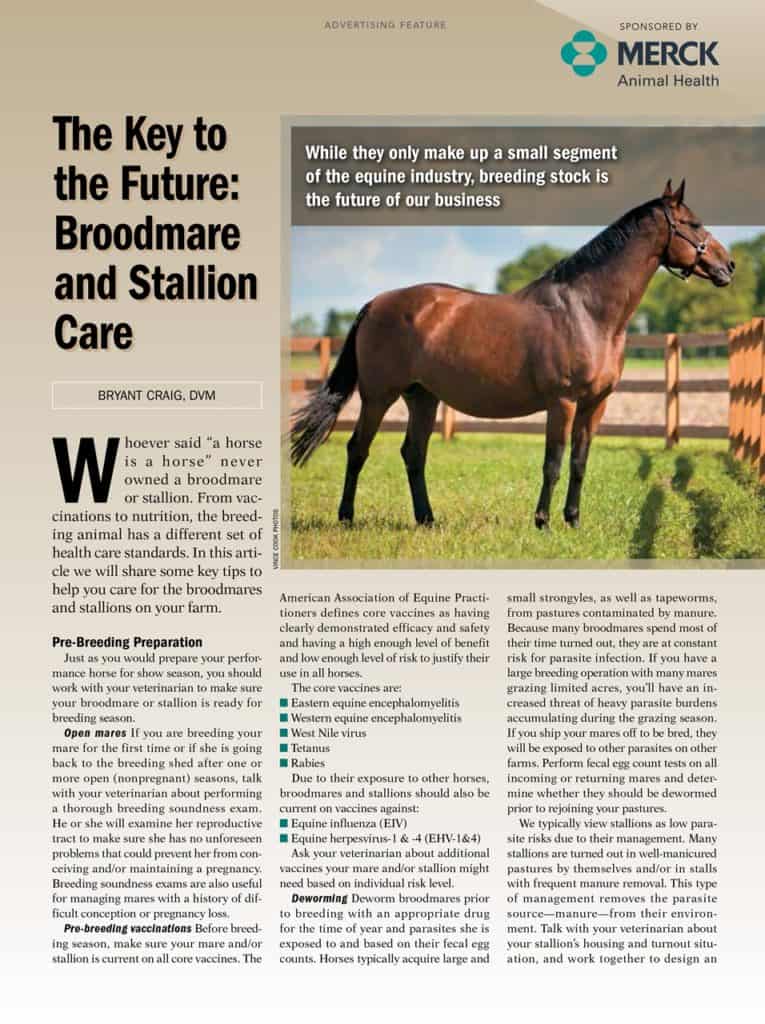
While they only make up a small segment of the equine industry, breeding stock is the future of our business.

Do all the supplements, concentrates, and forages on the market have you confused about what’s best to feed your horse? Learn what your horse really needs to eat from equine nutritionist and consultant, Dr. Clair Thunes.

Proper preparation can minimize the stress of weaning and make for a more pleasant experience for all.
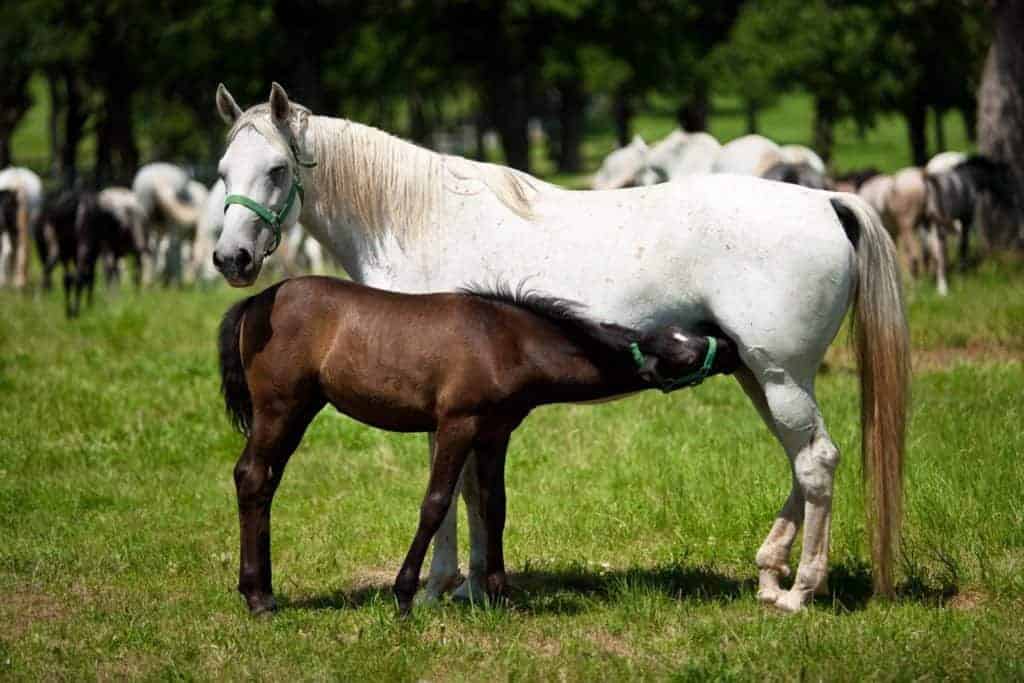
Broodmares require proper nutrition while lactating to aid in milk production and body condition maintenance.

Here are some general feeding guidelines to keep in mind when managing pregnant mares.

Researchers are working to better understand this potentially toxic substance that can lurk in feed.

Lactating mares on good quality pasture didn’t need grain to maintain their weight or their foals’ growth.
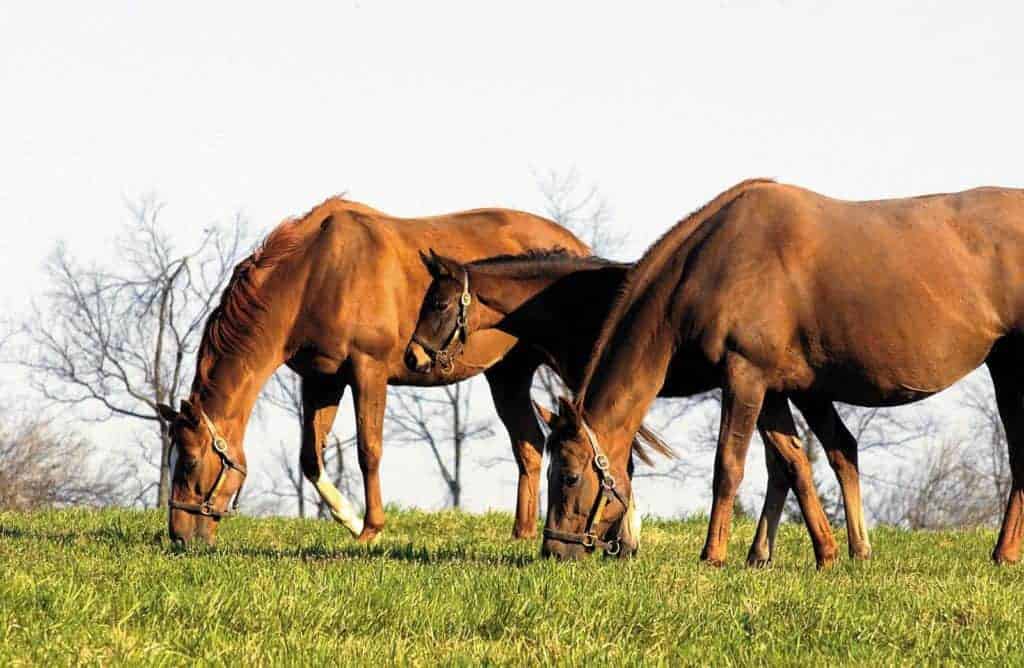
During the breeding and foaling season, lush fescue pastures could create problems for pregnant mares.
Lecture topics will include planning a mating, nutrition, foaling, farm and pasture management, and more.

Supporting broodmares’ overall and nutritional health during lactation is especially crucial.
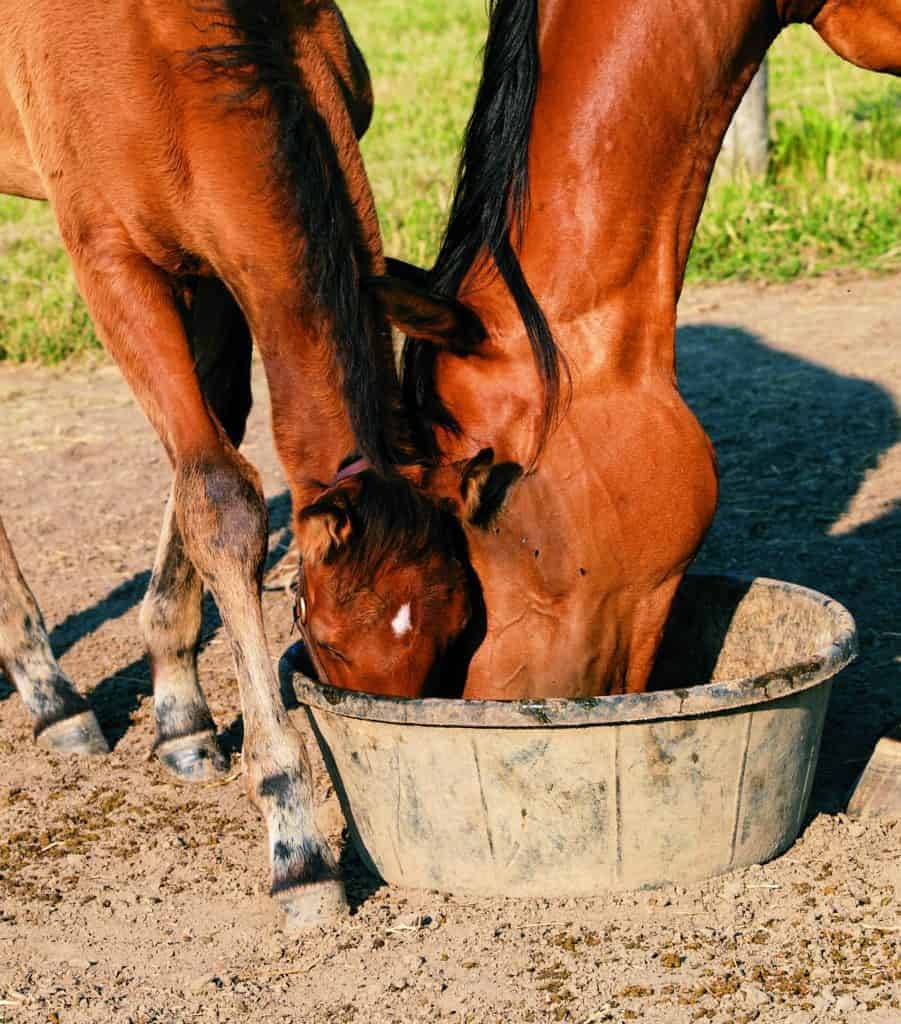
Understanding broodmares’ nutrient requirements can make developing a feeding program a less daunting task.
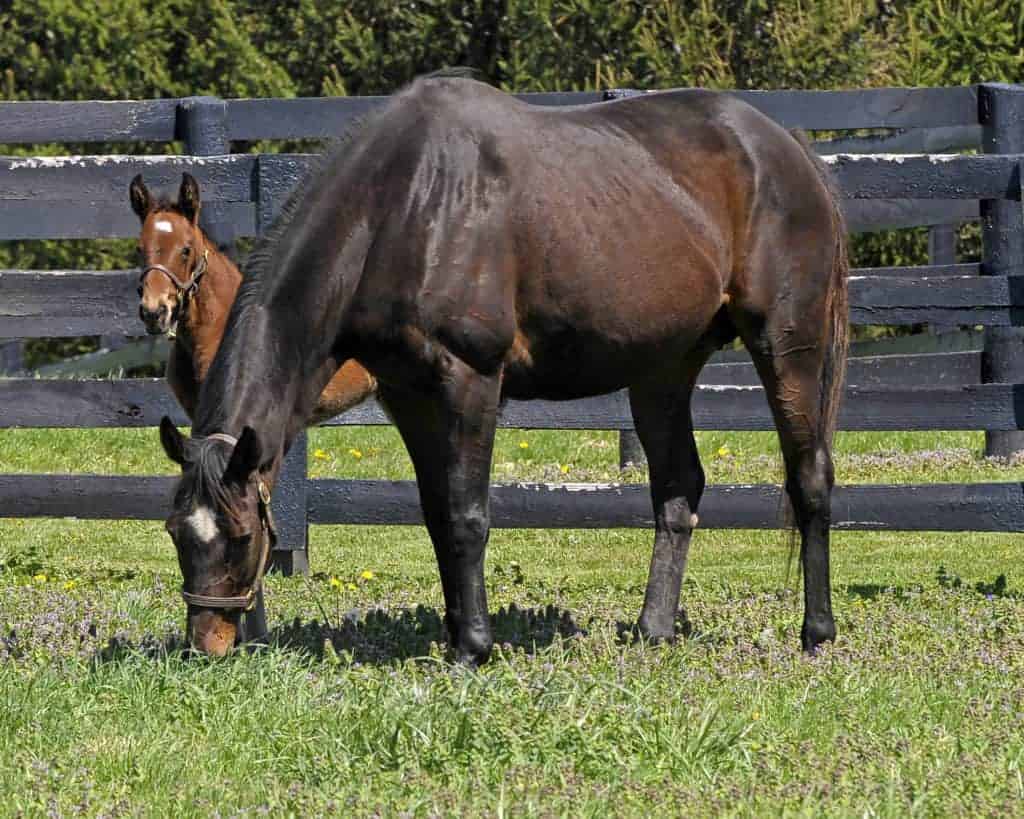
Foals of mares consuming organic selenium had higher blood selenium concentrations than other foals.
The events will take place Jan 20-21, 2012 at the UK Veterinary Diagnostic Laboratory.
Stay on top of the most recent Horse Health news with
Notifications